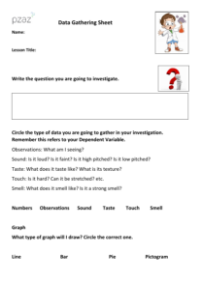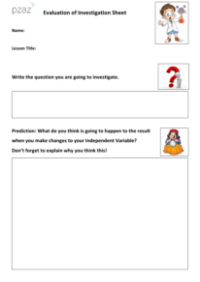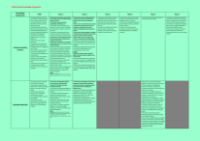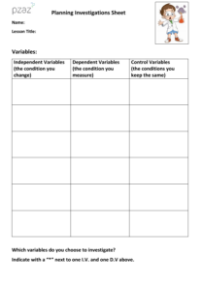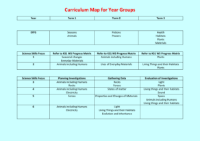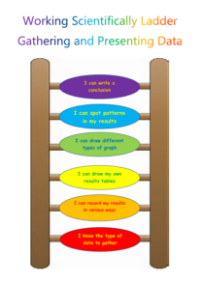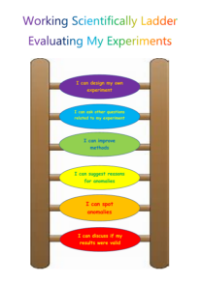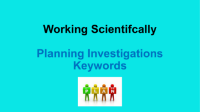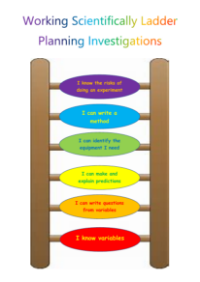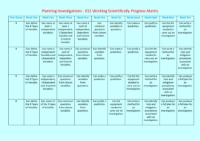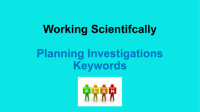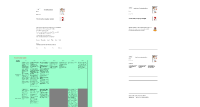Working Scientifically - Data Video
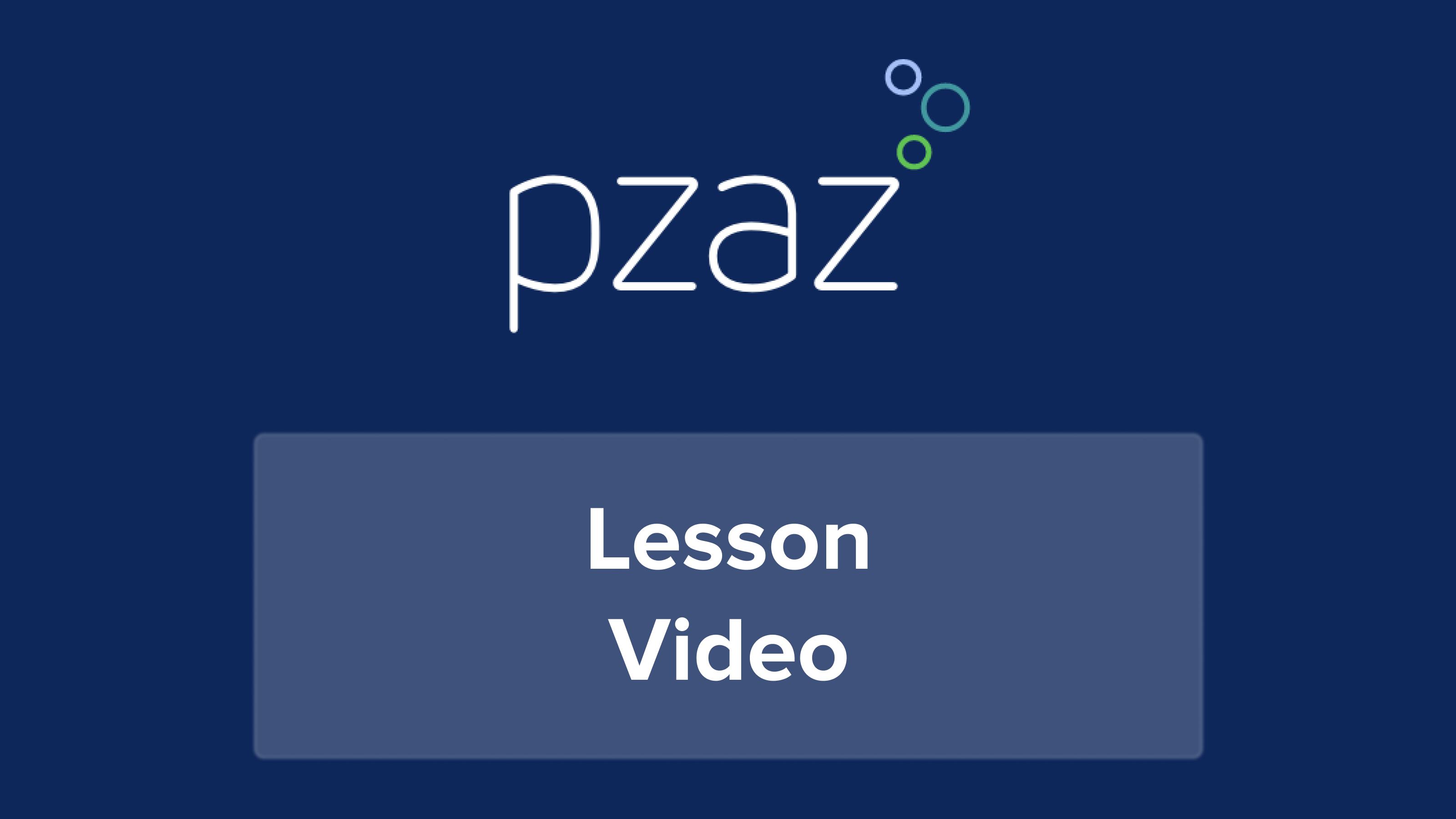
Science Resource Description
The video series is aimed at equipping educators with the tools to teach students how to master the 'Working Scientifically' requirements of the National Curriculum. The series breaks down these requirements into three key skill groups: planning investigations, gathering and presenting results, and critically evaluating investigations. The presenter introduces the 'PIZAZZ' method, which simplifies the process by focusing on one skill per term, allowing students to become proficient in each area step by step. In the particular video being described, the emphasis is on the second skill group—gathering, presenting, and analysing results. This skill is developed after a term of planning, and unlike the planning stage, the educator provides the question, removing the planning element for the term. The video guides teachers on how to use a 'gathering data matrix' and a 'data gathering sheet', which are differentiated by year group and contain sub-skills for students to acquire.
The video delves into what data encompasses in scientific terms, clarifying that it's not just numerical but also includes observations made using all the senses. Students are encouraged to note the type of data they are collecting, whether it be measurements like temperature and height, or observations such as sounds, tastes, and smells. They are also guided to make predictions and justify them, which is a common thread across all skills. The video highlights the importance of creating well-structured results tables, drawing graphs correctly, and identifying trends in data. It offers practical advice, such as remembering the mnemonic 'exchange' to decide which variable goes on the X-axis and which on the Y-axis. Finally, the video explains how to write a comprehensive conclusion in four parts: stating the aim, briefly describing the method, reiterating observed trends and any anomalies, and concluding whether the original question has been answered. This structured approach ensures that by the end of the term, students will have a thorough understanding of how to gather, present, and analyse scientific data.
